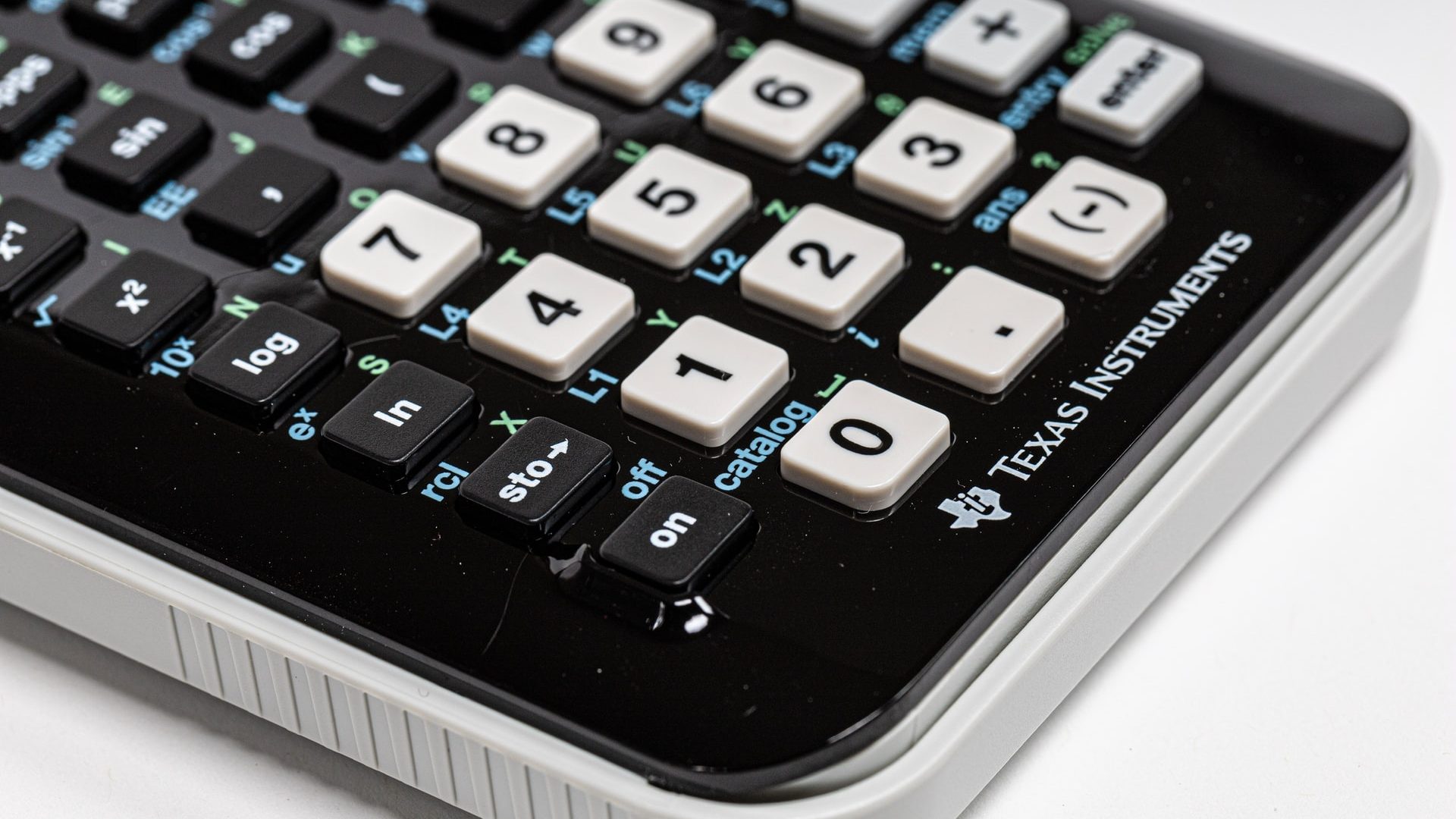A mortgage is likely to be the largest financial commitment you’ll ever make, so it’s important to know what exactly it covers. The interest of a mortgage is essentially the cost you pay for receiving a loan from your lender, and can be a significant part of the overall amount borrowed. Just how much you pay in interest, however, depends on the kind of loan you have. In this post, therefore, we explain how mortgage interest rates are calculated with reference to the different types of agreement.
Fixed-rate or variable
Broadly speaking, there are two main types of mortgage: fixed rate and variable rate. Fixed rate mortgages have a set interest rate for the duration of the loan agreement, whilst variable rate mortgages can fluctuate. Both have pros and cons, so it’s worth reading up on them to find out which best suits your situation.
Working out the interest
Fixed rate mortgage
Calculating the interest payable on a fixed rate mortgage is straightforward. All you need to do is multiply the annual interest rate (as is fixed in your agreement) to the amount outstanding on your loan. This is then broken down further in order to give you a monthly or even daily interest charge.
Here’s an example:
Mortgage debt: £200,000
Annual interest rate: 3%
Annual interest charge = £200,000 * 3% = £6,000
Monthly interest charge = £6,000 12 = £500
Tip – To get the best interest rates, it’s always worth speaking to a mortgage broker. They’ll have access to mortgage deals that aren’t commercially available, which means you could end up saving a lot of money.
Amortization
You may think that your monthly payments would progressively decrease as you pay off the loan. In reality, however, monthly payments remain stable throughout the term of your agreement due to amortisation. This means that whilst your monthly payments remain the same, you’ll start paying off more of the capital element of the loan, and less of the interest part.
Variable rate mortgages
The interest rate on variable rate mortgages is more difficult to calculate. Given that interest rates can move in variable rate mortgages, it’s almost impossible to predict whether your interest payments will increase or decrease throughout your agreement. As a general rule of thumb, however, they usually track the Bank of England’s base rate, meaning your payments will mirror (to some extent) the performance of the wider economy.
Interest rates vs. APR
It’s worth explaining that the above calculation doesn’t tell the whole story. Perhaps more relevant to would-be property owners is APR (annualised percentage rate). This includes the interest rate plus any other costs associated with taking out the loan, such as insurance, closing costs, and broker costs. Here’s an example, using the same figures from previous calculation:
Mortgage debt: £200,000
Associated costs: £10,000
Total loan amount: £210,000
Annual interest rate: 3%
Annual interest charge (by APR) = £210,000 * 3% = £6,300
APR % = £6,300 / 200,000 (original loan amount) = 3.15%
Additional fees
As well as the interest, taking out a mortgage can incur other additional fees, such as:
- Valuation fees
- Legal fees
- Early repayment fees (if you want to pay the mortgage back sooner than agreed)
If you’re currently looking to secure a mortgage, get in contact with IMC Financial Services. Our experienced brokers are able to find and close on the best deals on the market, potentially saving you thousands of pounds.

